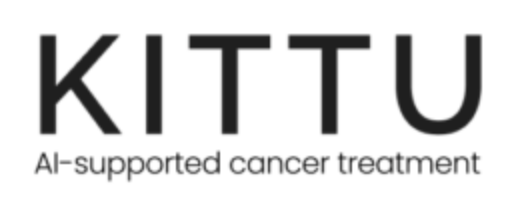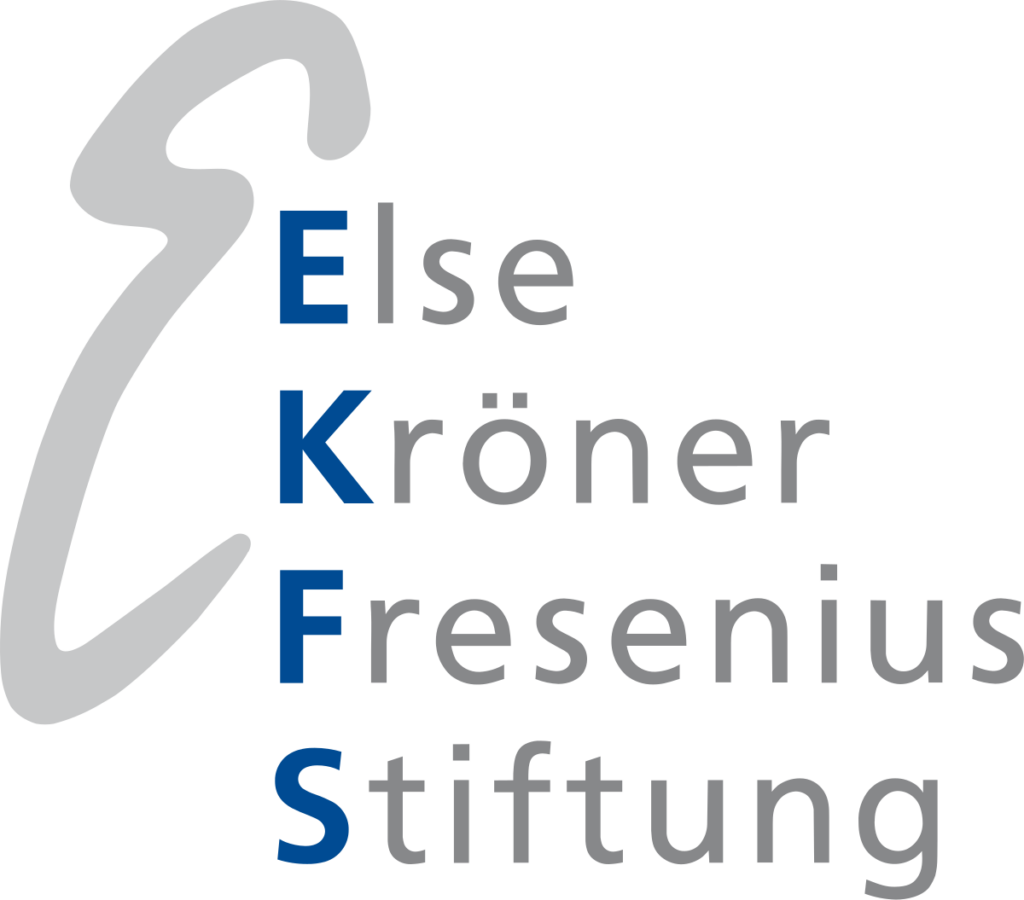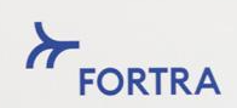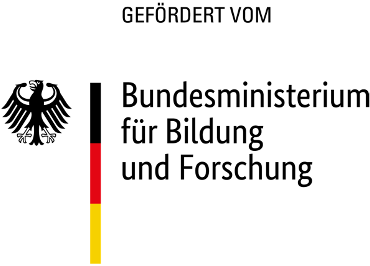KITTU
AI-supported Clinical Decision In Urologic Oncology
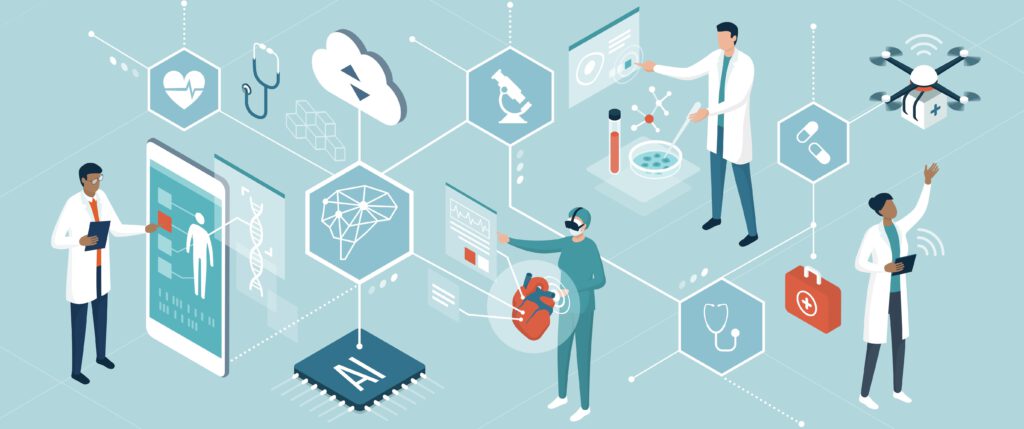
Improving interdisciplinary treatment recommendations for cancer patients in urology with AI
In Western countries, around one in four new cancer diagnoses involves the urinary or genital organs. Choosing the best treatment is often complex — it requires considering each patient’s individual medical history and drawing on vast amounts of medical knowledge that no single expert can fully oversee.
The KITTU Project („KI-unterstützte Therapiebegleitung am Beispiel der Urologie“/ AI-supported support in treatment recommendation for cancer patients in urology) aims to develop an artificial intelligence system that assists physicians and patients in selecting the most appropriate therapy for urological cancers. Funded by the German Federal Ministry for Research, Technology and Space from August 2022 to July 2025, the project is designed to present all relevant treatment options tailored to each patient’s specific situation and to support shared, well-informed decision-making between doctors and patients.
Our Vision
KITTU aims to develop an AI-based system in urology that presents physicians and patients with all available treatment options for a given situation and supports them in making well-informed, shared decisions. In this way, KITTU contributes to reducing the workload of those involved in the treatment process and to improving the quality and consistency of therapy decisions.
The system is intended to be integrated into the ongoing digitalization of the healthcare system — for example, through linkage with digital health records. The system is designed to involve both patients and healthcare professionals (including physicians and, when needed, other medical specialists) in an interdisciplinary and transparent way. Once successfully implemented, the system will offer a range of interactive applications to further enhance clinical decision support.
With KITTU, we aim to strengthen evidence-based treatment recommendations in oncology, ultimately improving treatment quality and long-term patient survival. In addition, the system seeks to minimize preventable side effects and enhance patients’ overall quality of life. After successful implementation in urology, the long-term goal is to expand KITTU to other cancer types — contributing to a significant improvement in cancer care as a whole.
Promising first Results for KITTU
Our initial findings show that KITTU can generate independent, explainable recommendations for tumor board decisions in renall cell cancer and urothelial carcinomas with an accuracy of over 70%, and in some cases—depending on tumor type and clinical context—even exceeding 90%. To the best of our knowledge, this marks the world’s first successful development of an AI-assistance prototype for treatment recommendations in (genitourinary) cancer with built-in explainability. In Janaury 2025 our AI was registered for a patent (EP25155356.6) with the European Patent Office, and our first results have been published in the European Journal of Cancer. Currently, we are analyzing our data for prostate cancer, incorporating study findings to enhance explainability.
KITTU 2.0: Multi-Center Validation Study
The study welcomes participation from additional urological departments, and we actively invite new partners interested in contributing to this collaborative effort to advance AI-supported cancer care.
News
Presentation of first Results at the 2025 German Society of Urology Congress
We were delighted to present our first results at this year’s Congress of the German Society of Urology (DGU) on September 18, 2025, in Hamburg. The growing interest in our work and the many outstanding scientific contributions in the field of AI truly inspired us. We are excited about the dynamic developments in this area and look forward to the next steps and collaborations in the coming years.
65th Congress of Southwest German Society for Urology
We were pleased to present our recent findings on urothelial and renal cell carcinoma at the 65th Annual Meeting of the Southwest German Society of Urology (SWDGU). It was a great opportunity to share our results and engage in valuable scientific exchange. We look forward to continued dialogue and collaboration within the urological and oncological community.
Ordensklinikum Linz Highlights our KITTU Project
We are delighted that the Ordensklinikum Linz – with our co-project leader PD Dr. Thomas Höfner, head of Urology – is featuring our recent progress in the KITTU project. The focus lies on our intensive efforts in establishing this innovative AI software. The strong interest and outstanding collaboration with the Ordensklinikum Linz reaffirm our direction – we extend our thanks and look forward to the next steps ahead!
Medizinsonderpreis at Ideenwettbewerb Rheinland-Pfalz 2025
We are thrilled to share that the KITTU project has been awarded the Medizinsonderpreis at the Ideenwettbewerb Rheinland-Pfalz 2025! Dr. Gregor Duwe received the prize on behalf of the KITTU team at the official award ceremony on May 21st. This recognition highlights the innovative strength and real-world impact of our work.
A Milestone: Our KITTU Research Published in European Journal of Cancer
After more than two years of dedicated work on the KITTU project, we’re proud to announce our first original publication in the European Journal of Cancer. The article presents our pioneering approach to KITTU development for urothelial and renal cell carcinoma—introducing a method and prototype that, to our knowledge, is the first of its kind.
Final RCC Data at EAU 2025
Building on our ASCO GU presentation, we were excited to present the final results of our prototype development for renal cell carcinoma at the EAU Congress 2025 in Madrid—one of Europe’s premier platforms for urological research.
First Presentation of RCC Data at ASCO GU 2025
It was a great honor to present our renal cell carcinoma data for the first time at the prestigious ASCO Genitourinary Cancers Symposium 2025 in San Francisco—one of the world’s leading conferences in urologic oncology.
European Society For Medical Oncology Congress
2. Digital Health Summit
36. German Cancercongress
Digital Health Data Space
63th Congress of Southwest German Society for Urology
49th Congress of the Austrian Society for Urology and the Bavarian Association of Urologists
Podcast: "Der Tag in Rheinland-Pfalz"
The 38th Annual EAU Congress
Digitale Pionierarbeit: Künstliche Intelligenz soll bei Krebstherapien unterstützen
We are happy to announce the beginning of KITTU. In the following article published by the University Medical Center Mainz you can find information regarding the funding, the vision and the process of the KITTU project. In future news posts we will keep you updated about our project and its development.
Who we are
University Medical Center Mainz– Department of Urology

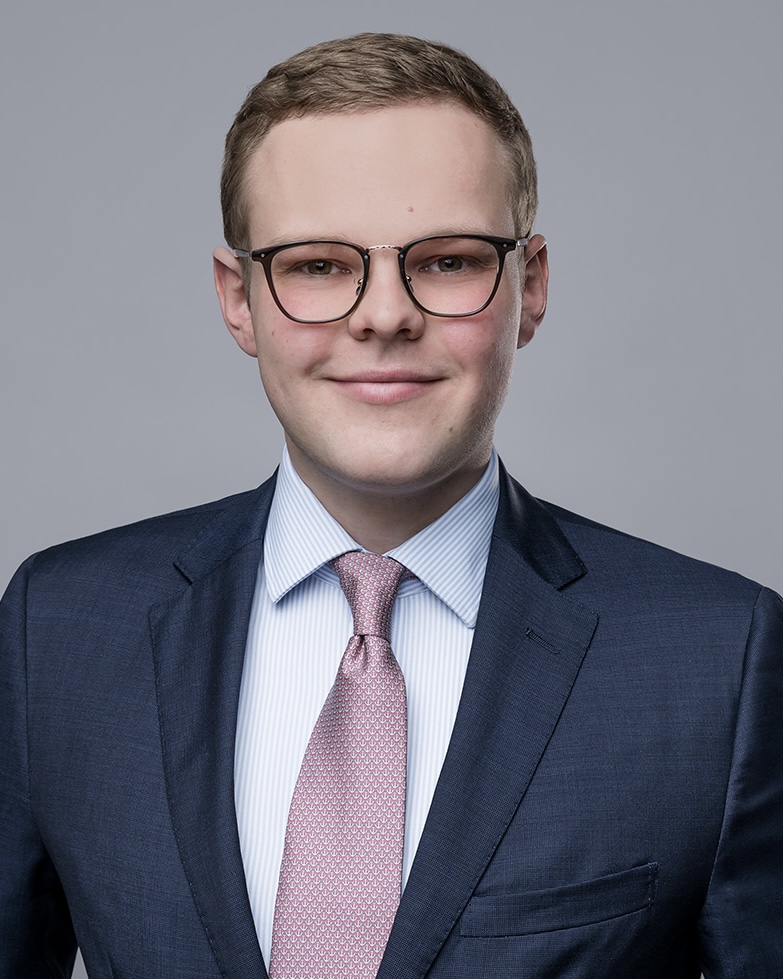
Dr. Gregor Duwe
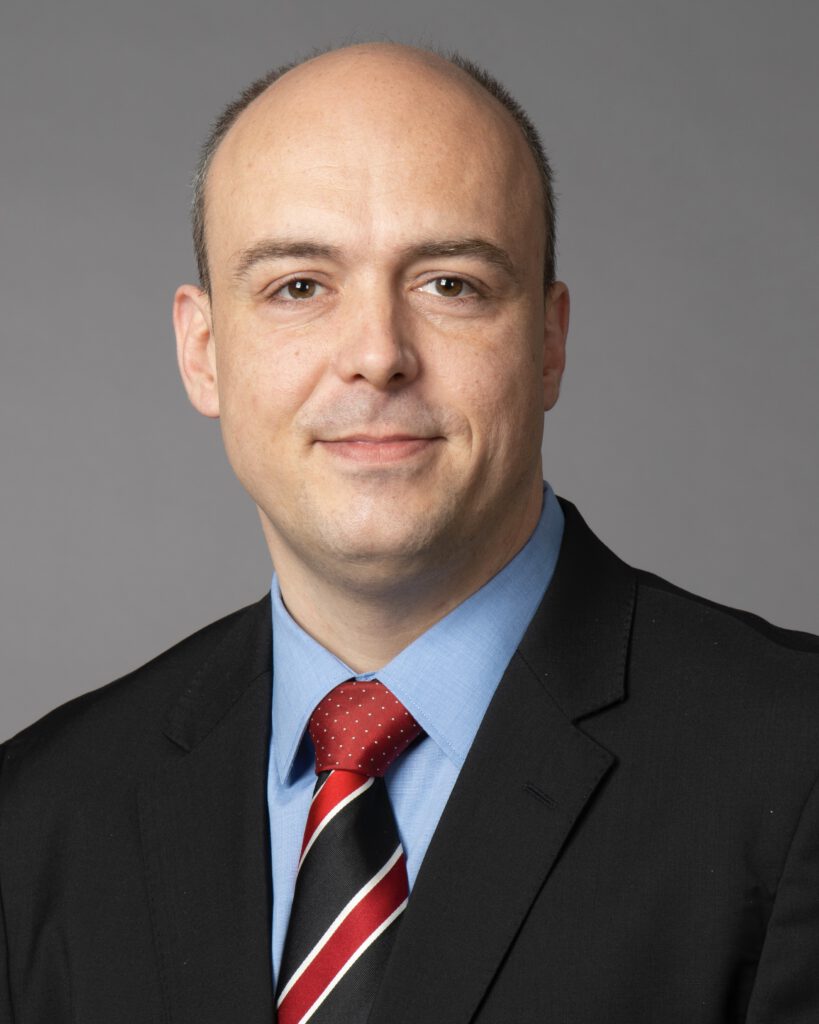
PD Dr. Thomas Höfner
He is director of the Department of Urology at the Ordensklinikum Linz in Austria and founding member of KITTU. Previously he was managing senior physician in the Department of Urology at the University Medical Center Mainz and head of the uro-oncology section at the University Center for Tumor Diseases Mainz (UCT Mainz). He completed his residency at the University Hospital Frankfurt and Heidelberg. From 2009 until 2015 he was Postdoc at the Institute for Stem Cell Research and experimental Medicine (HI-STEM GmbH) at the German Cancer Research Center (DKFZ).
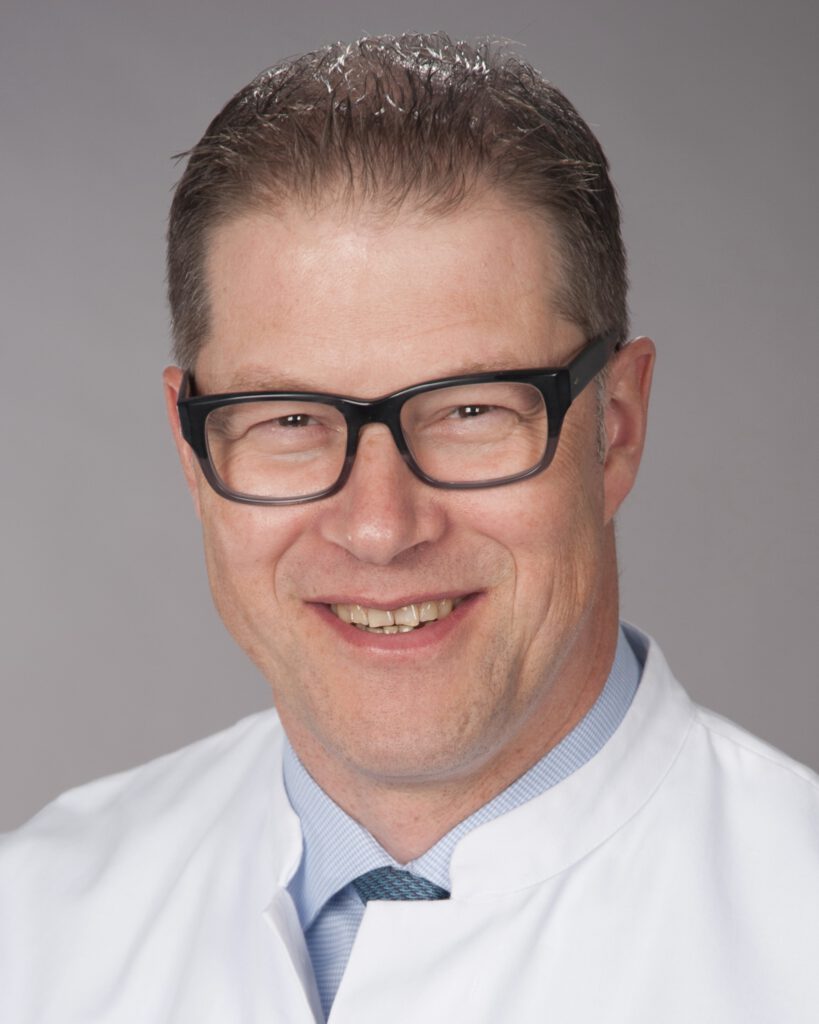
Prof. Dr. Axel Haferkamp
He is director of the Department of Urology at the University Medical Center Mainz and Fellow of the European Board of Urology (FEBU). Prior he was director of the Department of Urology at the University Hospital Frankfurt. He completed his residency at the University Hospital Bonn and at the University Hospital Heidelberg. In the following he was a senior consultant at the Department of Urology at the University Hospital Heidelberg. Additionally, he completed a one-year Research fellowship at the State University of New York Upstate Medical University from 1999 until 2000.
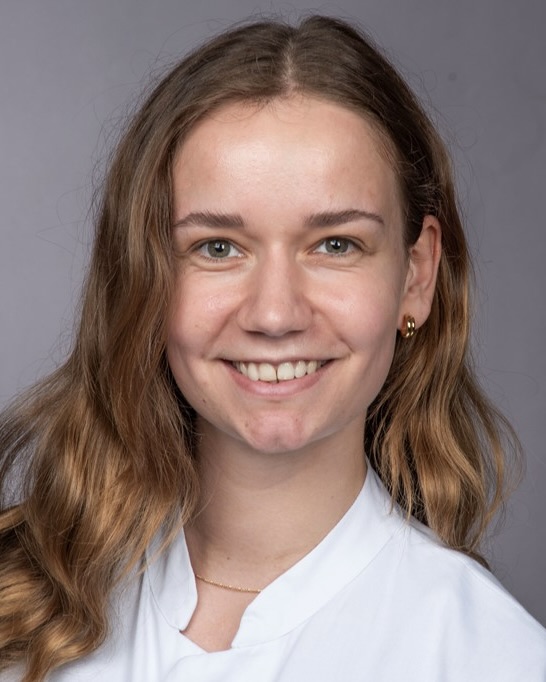
Lisa Maria Jost
She is associate project lead of the multicenter trial and works as a resident in the Department of Urology at the University Medical Center Mainz. She studied medicine at the Goethe University Frankfurt and at the Faculty of Medical and Paramedical Sciences (SMPM) of Aix-Marseille University (France). In Frankfurt, she participated in a clinical research project in urology as part of her doctoral thesis.
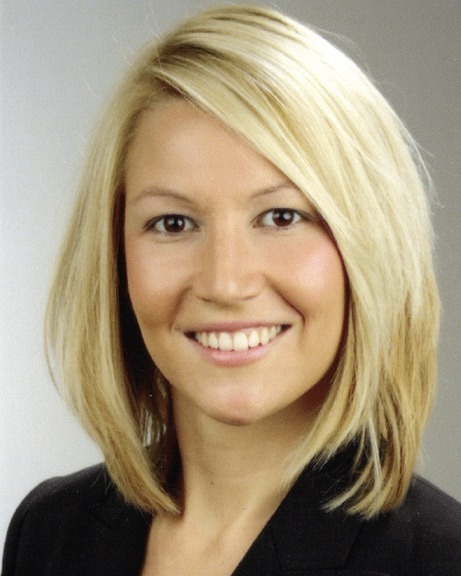
Dr. Verena Kauth
She is working as Clinical Project Manager of KITTU. She completed her studies in pharmacy in 2013, followed by her doctoral thesis in 2017 – both at the University Medical Center Mainz. Until now, she has been working for nearly 10 years in national and international experimental and clinical research studies in various specialties. With this profound expertise, she supports KITTU during all phases of its experimental and clinical development.
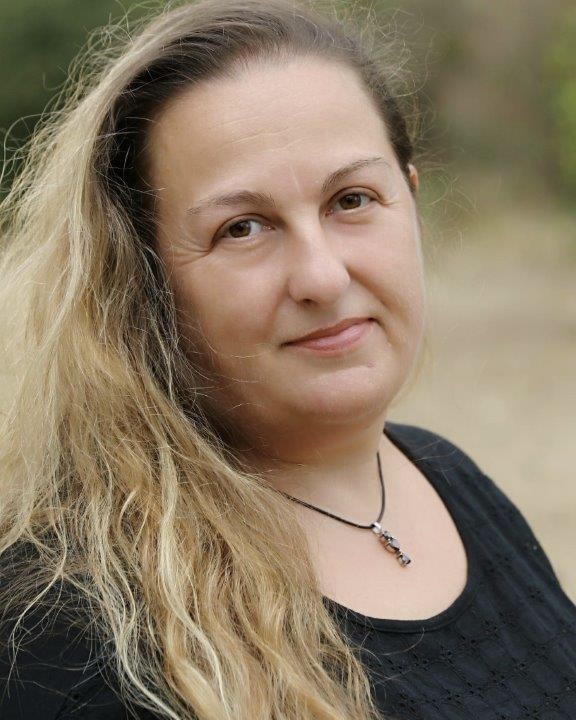
Yvonne Wiesner
She is a trained surgical technical assistant and is eversince familiar with medical patient care for over 20 years. After her further qualification in medical oncology documentation, she has been working for about 7 years at the Comprehensive Cancer Center at University Medical Center Mainz. She supports KITTU with her excellent knowledge in the application of large oncological data sets with special focus and experience in genitourinary oncology.
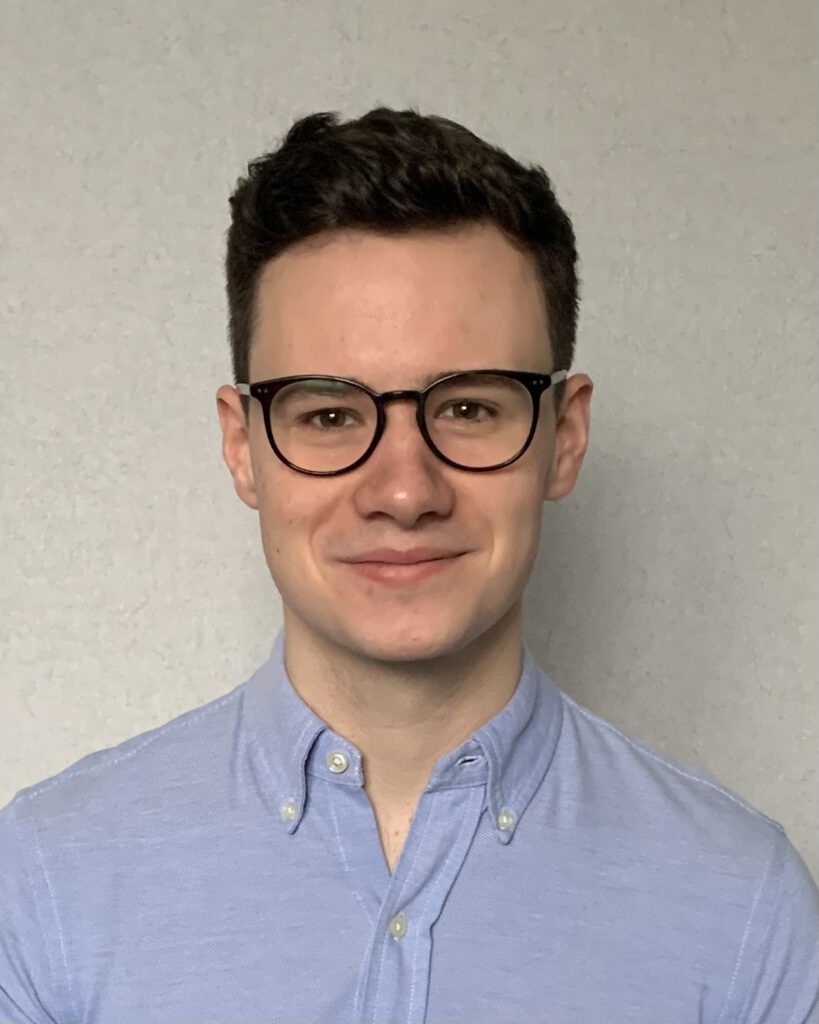
Crispin Wiesmann
He is a medical student at the Johannes Gutenberg University in Mainz. Before his studies he did a voluntary social year in science at the research laboratory for gastroenterology, hepatology and infectiology at the University Hospital Magdeburg. He supports the KITTU project as a research assistant.
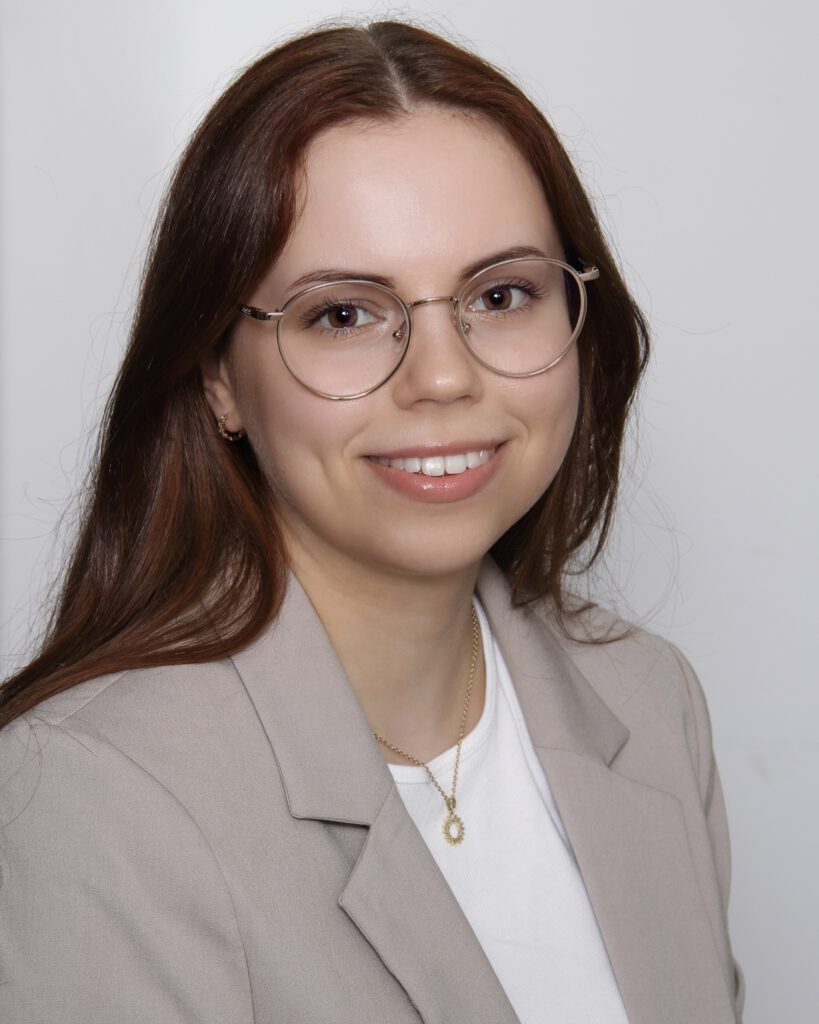
Caecilia Dzalto
She is a master student in psychology. During her bachelor’s degree at the Fresenius University of Applied Science Franfurt, she conducted an experimental study as part of her final thesis. She supports the KITTU project as a research assistant.
Deutsches Forschungszentrum für Künstliche Intelligenz

The German Research Center for Artificial Intelligence GmbH (DFKI) was founded in 1988 as a non-profit public-private partnership (PPP). It has sites in Kaiserslautern, Saarbrücken, Bremen and Lower Saxony, laboratories in Berlin and Darmstadt, and field offices in Lübeck and Trier.
DFKI combines scientific excellence and business-oriented value creation with social appreciation. DFKI has been researching AI for humans for more than 30 years and is oriented towards social relevance and scientific excellence in the crucial future-oriented research and application areas of artificial intelligence. In the international scientific community, DFKI is one of the most important “Centers of Excellence”. Currently, approximately 1,460 employees from over 65 nations are conducting research on innovative software solutions. The financial volume in 2021 was 76.3 million euros.
Together with project partners, the experts want to develop an AI assistance system for the treatment of urological tumor diseases. The goal is to filter out the optimal treatment option on the basis of artificial intelligence and thus to support doctors and patients in making treatment decisions.
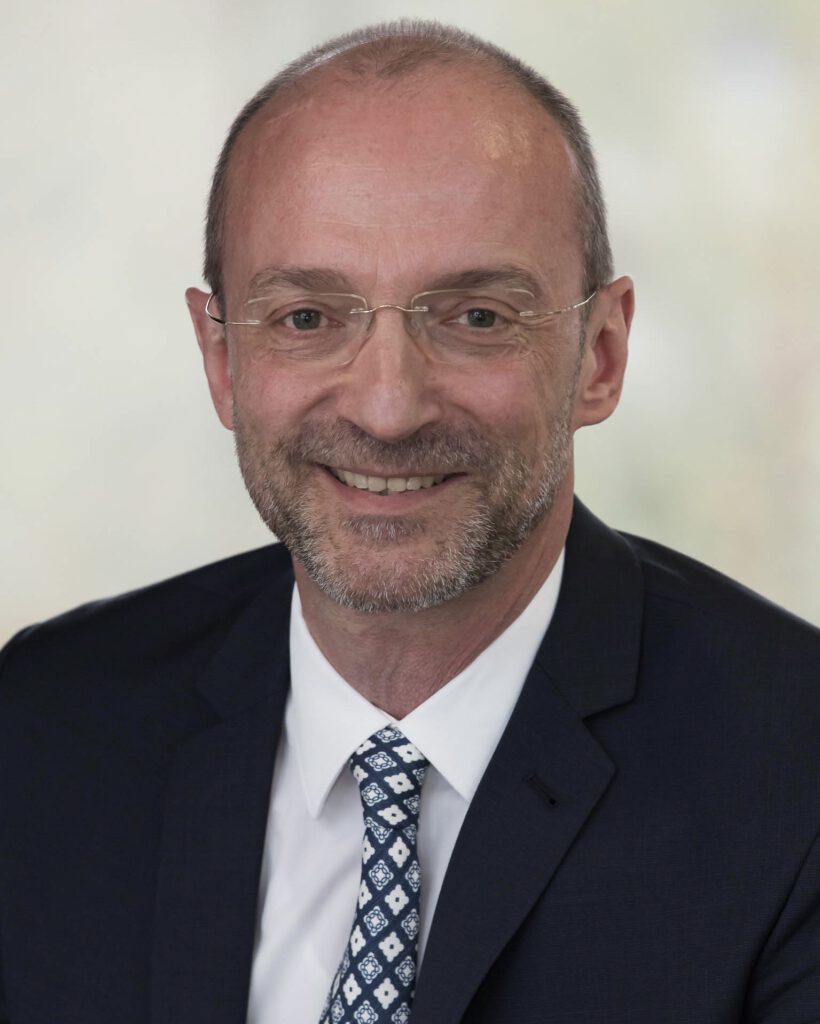
Prof. Dr. Prof. h.c. Andreas Dengel
He is Managing Director at DFKI GmbH in Kaiserslautern. Since 1993, he is Professor in Computer Science at the Technical University Kaiserslautern. Since 2009 he has been appointed Professor (Kyakuin) in the Department of Computer Science and Information Systems at Osaka Prefecture University. He also worked at IBM, Siemens, and Xerox Parc. Andreas is a member of several international advisory boards, has chaired major international conferences, and founded several successful start-up companies. He is an IAPR Fellow and has received many prominent international awards. His main scientific emphasis is in the areas of Pattern Recognition, Document Understanding, Information Retrieval, Multimedia Mining and Semantic Technologies.

Dr. Markus Junker
He studied computer science with a focus on AI at the University of Kaiserslautern. During his studies he had a guest stay at Xerox Parc (USA) for several months. From 1996 on, he worked for the German Research Center for Artificial Intelligence (DFKI GmbH). He worked as managing director in his own consulting company for the coordination of nations and international R&D cooperation projects. Since 2021, Markus Junker is also leading the Pattern Recognition topic area in the research department “Smart Data & Knowledge Services” at DFKI. The topic area has a focus on the applications of AI in biomedicine and the automotive industry.
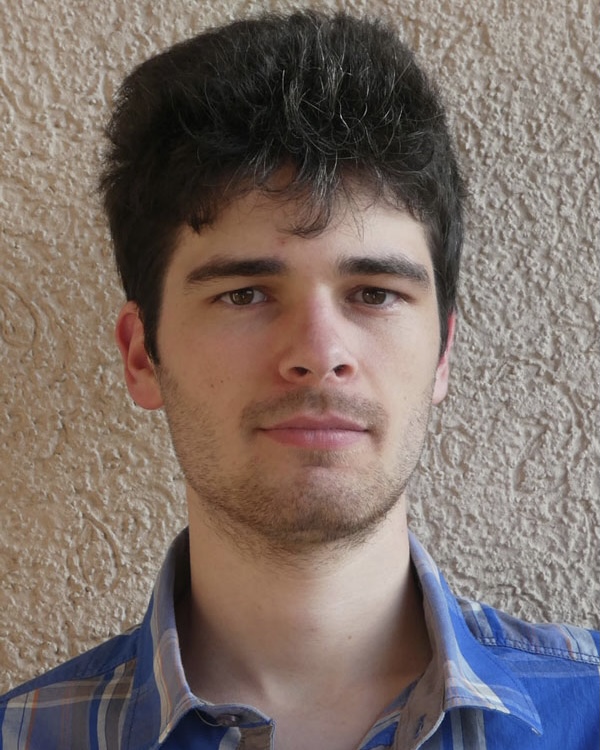
Dominique Mercier, Ph.D.
He received his master’s degree in computer science from the TU Kaiserslautern, Germany in 2018.Currently, he is pursuing his Ph.D. at German Research Center for Artificial Intelligence (DFKI GmbH). His areas of interests include the interpretability and privacy of deep learning methods, time series analysis and document analysis. His work includes the development of novel interpretability methods for deep neural networks for time-series analysis. Furthermore, he is actively working in the NLP domain with a focus on citation and community management. He worked at DFKI as a research assistant since 2017 and as a researcher since 2018.
Former members and associates
Kerstin Moench
Prof. Dr. Dr. Jürgen Scheele
Dr. Werner Seiz
Natasja de Bruin, PhD
Dr. Oliver Pfante
Juan Pablo Vesga, PhD
Publications
Duwe G, Mercier D, Junker M, Seiz W, de Bruin N, Sharma OP, Pfante O, Hochheimer A, Scheele J, Dengel A, Haferkamp A, Höfner T. Einsatz Künstlicher Intelligenz im urologischen Tumorboard. · 04 May 2023. 49. Tagung der österreichischen Gesellschaft für Urologie und Andrologie und der bayerischen Urologenvereinigung. https://doi.org/10.3205/23oegu52
Duwe G, Mercier D, Junker M, Seiz W, de Bruin N, Sharma O, Pfante O, Hochheimer A, Scheele J, Dengel A, Haferkamp A & Höfner T. Sind wir bereit für Künstliche Intelligenz in der Entscheidungsfindung der Uro-Onkologie? Herausforderungen und Lösungsansätze des interdisziplinären Forschungsvorhabens KITTU. · 21 Jun 2023. 63. Jahrestagung der Südwestdeutschen Gesellschaft für Urologie e.V. Reutlingen, 21.-24.06.2023. Düsseldorf: German Medical Science GMS Publishing. https://doi.org/10.3205/23swdgu107, URN: urn:nbn:de:0183-23swdgu1074,
Duwe G, Höfner T. Künstliche Intelligenz und Digitalisierung: Perspektiven und Herausforderungen. · 21 Jan 2024. https://www.universimed.com/at/article/onkologie/kuenstliche-intelligenz-digitalisierung-perspektiven-herausforderungen-360164
Duwe G, Kauth V, Mönch K, Mercier D, Junker M, Scheele J, Seiz W, Pfante O, Vesga Simmons JP, de Bruin N, Haferkamp A, Dengel A, Hofner T. KITTU: Artificial intelligence supports multidisciplinary cancer conferences – first steps towards revolutionizing clinical decision making in oncology. Oncol Res Treat 2024;47(Suppl 1):20. · 21 Feb 2024. Deutscher Krebskongress. Fortschritt gemeinsam gestalten. Berlin, 21-24 Feb. 2024. Volume 47 Issue Suppl. 1 | Oncology Research and Treatment | Karger Publishers 000535363.pdf (karger.com)
Duwe G, Mercier D, Wiesmann C, Kauth V, Moench K, Junker M, Neumann C, Haferkamp A, Dengel A, Höfner. Challenges and perspectives in use of artificial intelligence to support treatment recommendations in clinical oncology. Cancer Med. 2024; 13:e7398. doi:10.1002/cam4.7398
Duwe, Gregor, Mercier, Dominique, Wiesmann, Crispin Balthasar, Junker, Markus, Haferkamp, Axel, Dengel, Andreas and Höfner, Thomas, (2024), Einsatz neuer Technologien: Künstliche Intelligenz in der medizinischen Entscheidungsfindung – Status quo und Perspektiven einer interdisziplinären Herausforderung, ch. Kapitel 36, p. 699-731, Springer. https://link.springer.com/chapter/10.1007/978-3-658-43860-9_36
G. Duwe, D. Mercier, V. Kauth, K. Moench, M. Junker, J.P. Vesga, W. Seiz, J. Scheele, A. Dengel, A. Haferkamp, T. Höfner,
2013P First preliminary results of artificial intelligence generated treatment recommendations for urothelial cancer based on multidisciplinary cancer conferences from the KITTU project, Annals of Oncology,Volume 35, Supplement 2, 2024, Page S1161, ISSN 0923-7534, https://doi.org/10.1016/j.annonc.2024.08.2099
Dominique Mercier, Verena Kauth, Kerstin Moench, Markus Junker, Andreas Dengel, Axel Haferkamp, Thomas Höfner
First preliminary results of artificial intelligence-generated, explainable treatment recommendations for renal cell cancer based on multidisciplinary cancer conferences, Journal of Clinical Oncology 2025 43:5_suppl, 465-465, DOI: 10.1200/JCO.2025.43.5_suppl.465
Duwe G, Mercier D, Kauth V, Moench K, Junker M, Dengel A, Haferkamp A, Höfner T. - Preliminary results from the KITTU project of artificial intelligence-generated, explainable treatment recommendations for renal cell cancer based on multidisciplinary cancer conferences. Eur Urol Suppl 2025/S;87 (S 1): S1271. Mar 24, 2025 EAU25- 40th Annual EAU Congress. DOI: https://doi.org/10.1016/S0302-2838(25)00085-5
Gregor Duwe, Dominique Mercier, Verena Kauth, Kerstin Moench, Vikas Rajashekar, Markus Junker, Andreas Dengel, Axel Haferkamp, Thomas Höfner,
Development of an artificial intelligence-generated, explainable treatment recommendation system for urothelial carcinoma and renal cell carcinoma to support multidisciplinary cancer conferences, European Journal of Cancer,Volume 220, 2025, DOI: 10.1016/j.ejca.2025.115367
Duwe G, Mercier D, Kauth V, Mönch K, Junker M, Rajashekar V, Dengel A, Haferkamp A & Höfner T. Automatisierte, erklärbare Therapieempfehlungen für Urothel- und Nierenzellkarzinome mittels Künstlicher Intelligenz zur Unterstützung des urologischen Tumorboards – Ergebnisse und weiterer Ausblick des KITTU Projekts. 11 Jun 2025 65. Jahrestagung der Südwestdeutschen Gesellschaft für Urologie e.V. Ludwigshafen, 25.-28.06.2025. Düsseldorf: German Medical Science GMS Publishing House. doi: 10.3205/25swdgu63, urn:nbn:de:0183-25swdgu631
Duwe G, Mercier D, Kauth V, Moench K, Rajashekar V, Junker M, Dengel A, Haferkamp A & Höfner T. Künstliche Intelligenz-generierte, erklärbare Therapieempfehlungen für Urothel- und Nierenzellkarzinome als Unterstützung für multidisziplinäre Tumorkonferenzen: KI- Entwicklung und erste Ergebnisse aus dem KITTU Projekt. 29 Aug 2025 Abstracts des 77. Kongresses der Deutschen Gesellschaft für Urologie e. V.. Urologie 64 (Suppl 2), 27–185 (2025). https://doi.org/10.1007/s00120-025-02657-8
Mercier D, Duwe G, Höfner T, Haferkamp A, Dengel A. Response to letter Re: "Development of an artificial intelligence-generated, explainable treatment recommendation system for urothelial carcinoma and renal cell carcinoma to support multidisciplinary cancer conferences". Eur J Cancer. 2025 Sep 29;230:116025. doi:10.1016/j.ejca.2025.116025. Epub ahead of print. PMID: 41046635.
How to contact us
